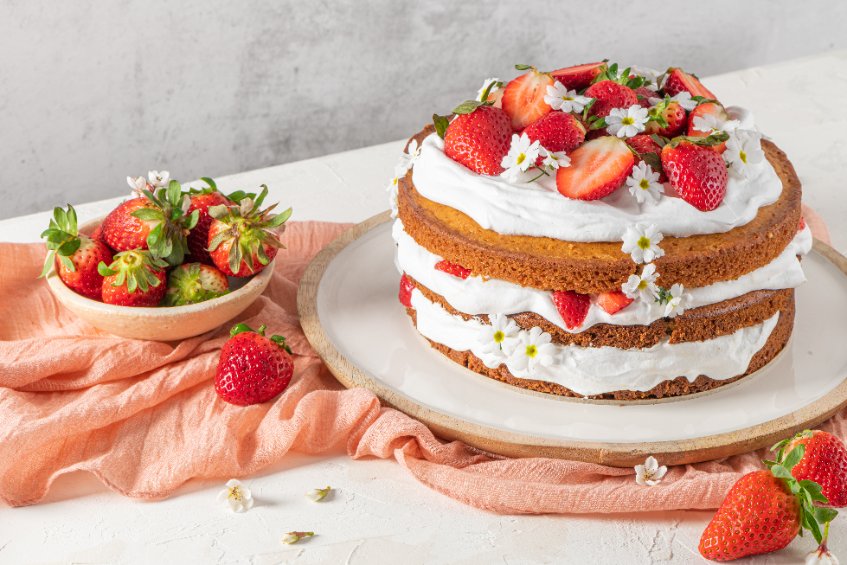
Living with depression can be an overwhelming and isolating experience.
While there’s no one-size-fits-all solution to managing depression, various coping mechanisms and therapies have proven to be beneficial for individuals struggling with this mental health condition.
One surprising yet effective method that has gained popularity is baking.
Beyond the delicious treats that baking yields, it can also provide therapeutic benefits for those dealing with depression.
In this article, we will explore how baking can help alleviate symptoms of depression and why it can be a valuable addition to your mental health toolkit.
The Therapeutic Aspect of Baking
Baking has been likened to a form of therapy due to its ability to engage both the mind and body.
The process of measuring ingredients, following recipes, and carefully executing each step requires focus and concentration.
This level of mindfulness can help individuals with depression redirect their thoughts away from negative patterns, providing a much-needed mental break.
Achievement and Sense of Purpose

Depression can often rob individuals of their sense of accomplishment and purpose.
Baking offers a tangible way to counteract these feelings.
As one follows a recipe and sees ingredients transform into a delicious baked good, a sense of achievement and pride can arise.
This simple act of creating something can instill a feeling of purpose, which is vital in combating the aimlessness that often accompanies depression.
Stress Reduction
The act of baking, especially when done leisurely, can be an excellent stress-reliever.
The repetitive motions of kneading dough or mixing ingredients can be meditative, promoting relaxation and reducing overall stress levels.
Additionally, the aroma of baked goods, such as fresh bread or cookies, has been linked to triggering positive emotions, further aiding in stress reduction.
Social Connection
 Depression can lead to social withdrawal, making it challenging to engage with others.
Depression can lead to social withdrawal, making it challenging to engage with others.
Baking can act as a bridge to social interaction, as sharing baked goods with friends, family, or neighbors can facilitate connections.
The act of giving away something one has created can foster a sense of belonging and strengthen relationships, providing a much-needed support system for those dealing with depression.
Mindfulness and Distraction
Incorporating mindfulness practices into daily life has been shown to be beneficial for individuals with depression.
Baking, with its focus on the present moment, can be an effective mindfulness exercise.
When one’s mind is engrossed in the baking process, worries about the past or anxieties about the future are momentarily set aside, allowing for a mental respite.
Boosting Self-Esteem
 Depression can significantly impact self-esteem, leading to feelings of inadequacy and self-doubt.
Depression can significantly impact self-esteem, leading to feelings of inadequacy and self-doubt.
Baking can serve as a confidence booster, especially as baking skills improve over time.
Mastering new recipes or techniques can provide a sense of competence and pride in one’s abilities, helping to counteract the negative self-perception common in depression.
Bottom Line – How Baking Helps with Depression?
While baking is not a substitute for professional treatment or therapy, it can be a valuable complement to existing coping strategies for managing depression.
The therapeutic aspects of baking, coupled with the sense of achievement, stress reduction, and social connections it offers, make it a unique and effective tool in the battle against depression.
So, the next time you find yourself feeling overwhelmed or down, consider stepping into the kitchen and trying your hand at baking something delightful – not only for your taste buds but also for your mental well-being.
Always remember to seek professional help if you or someone you know is struggling with depression, as qualified support is essential in the journey to recovery.


